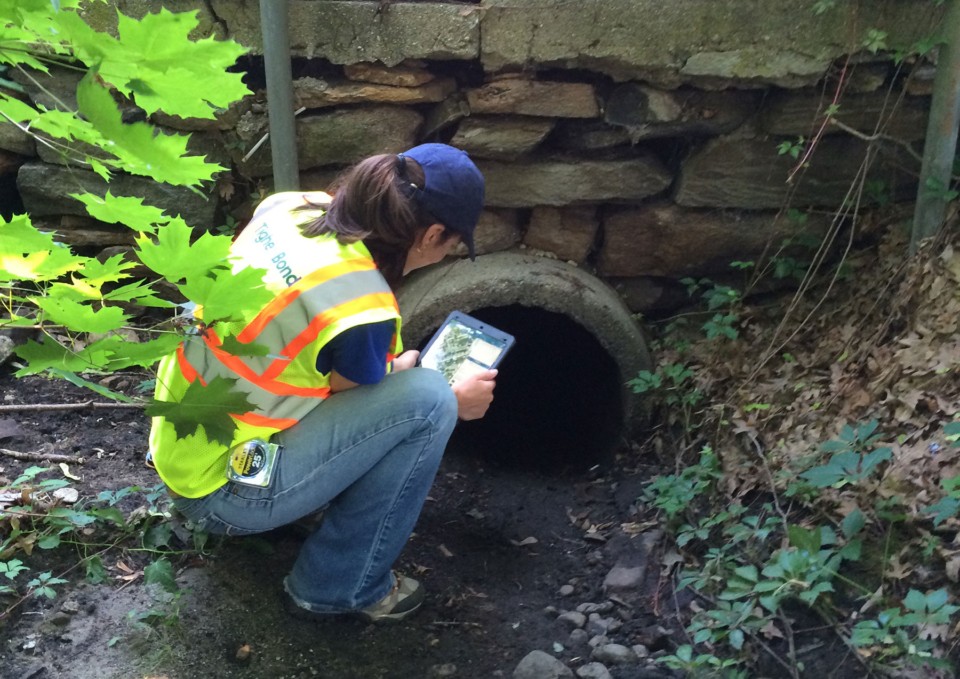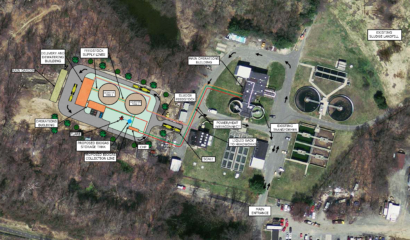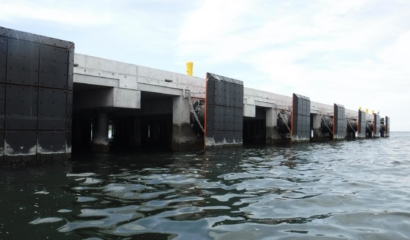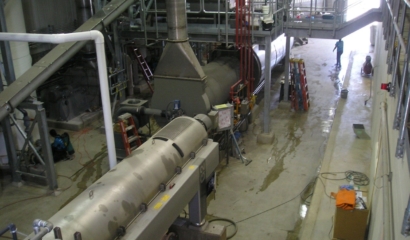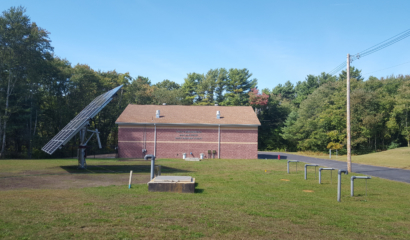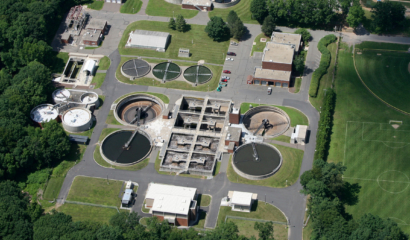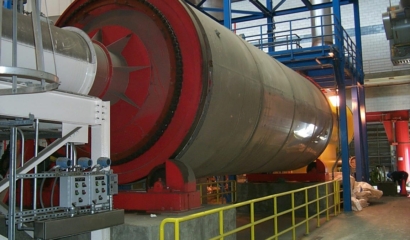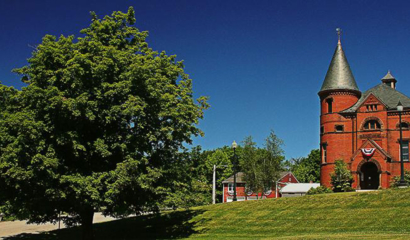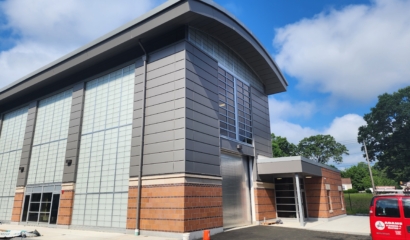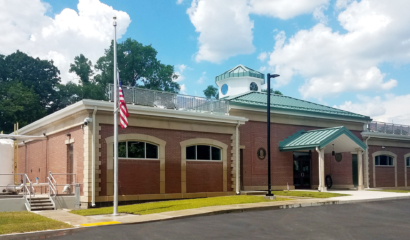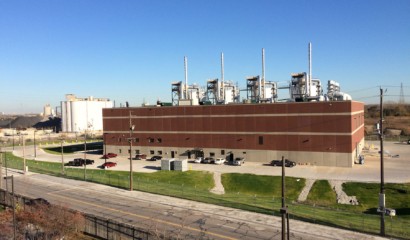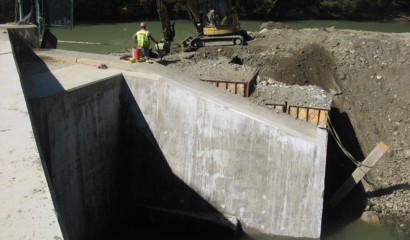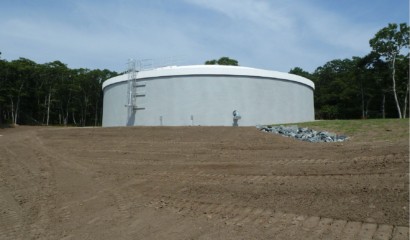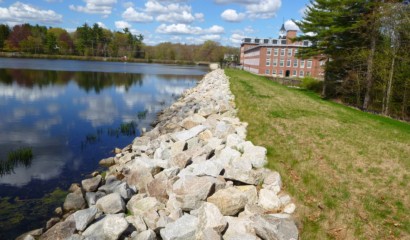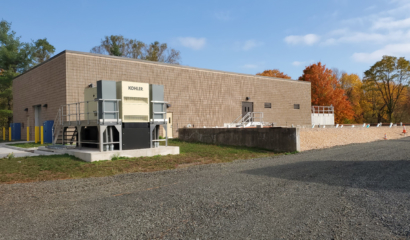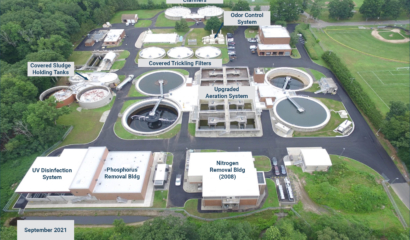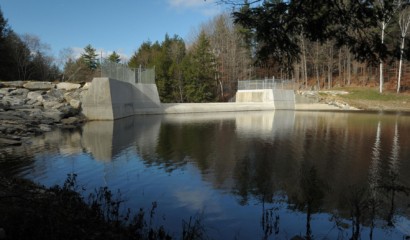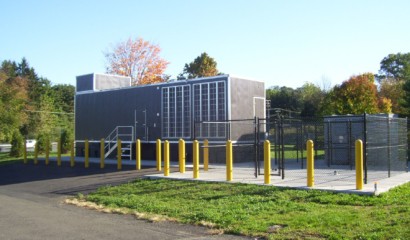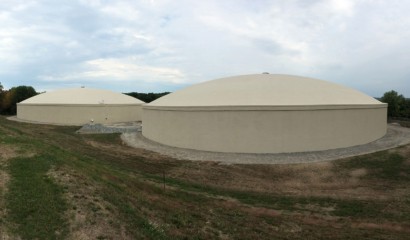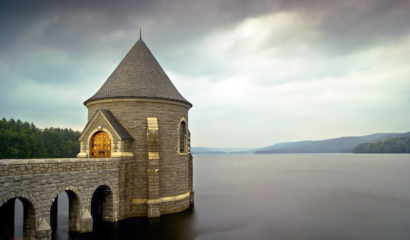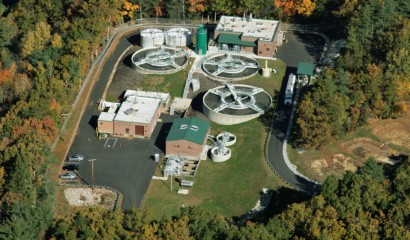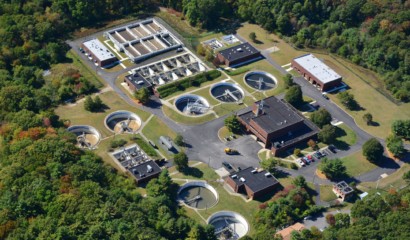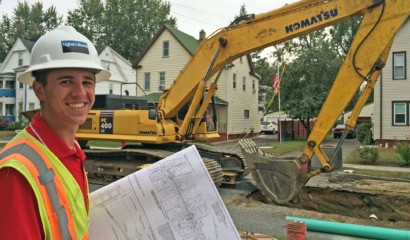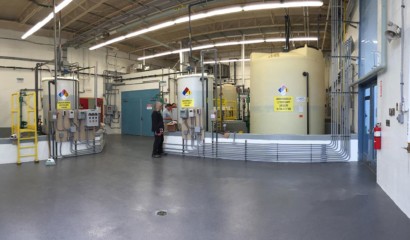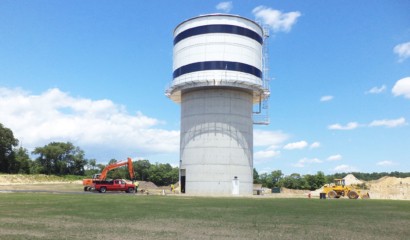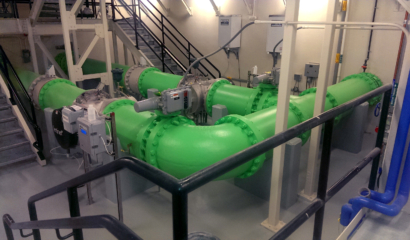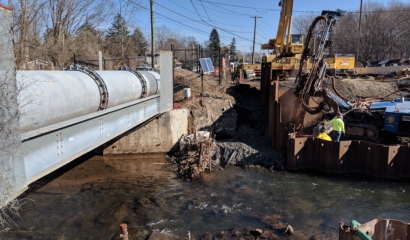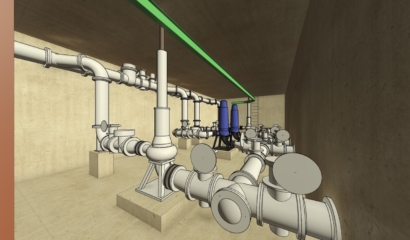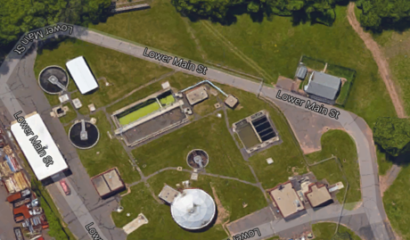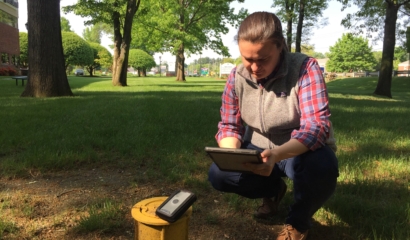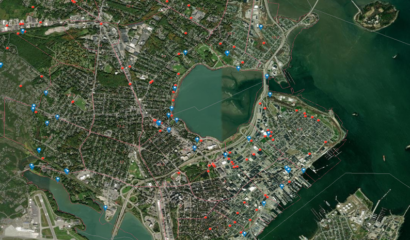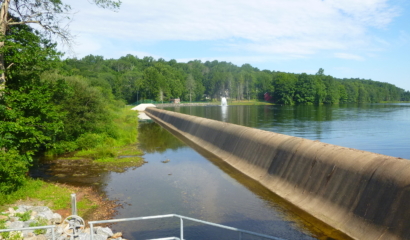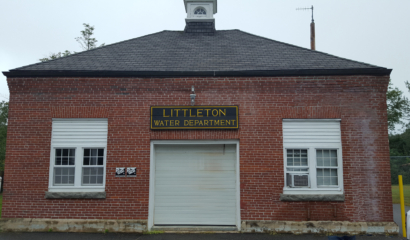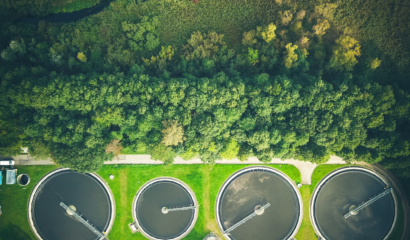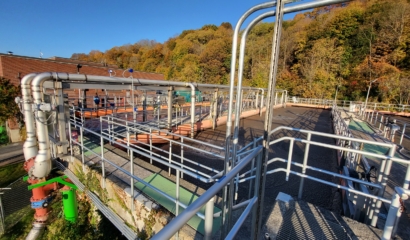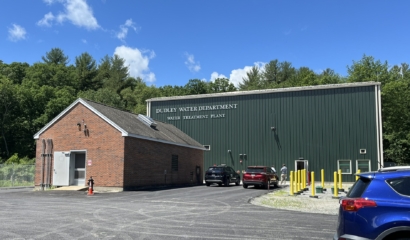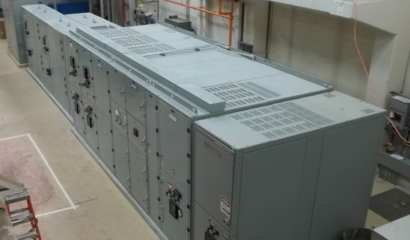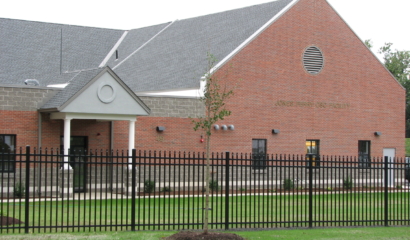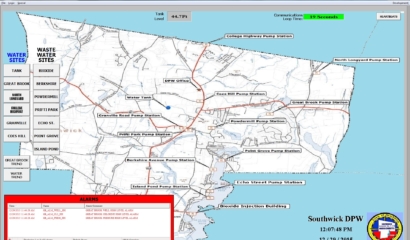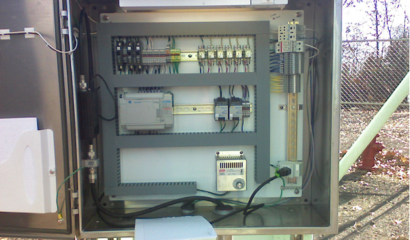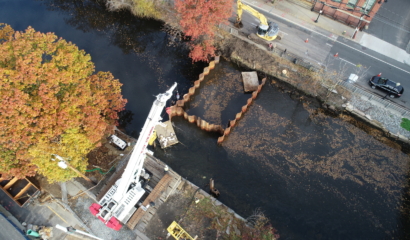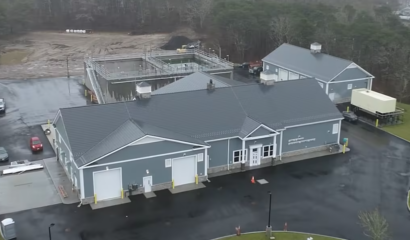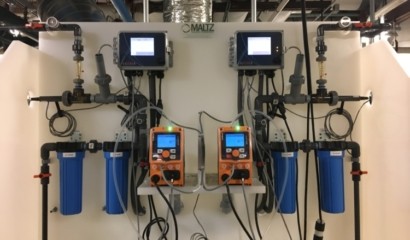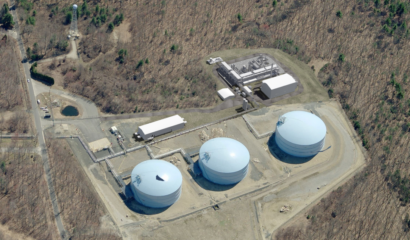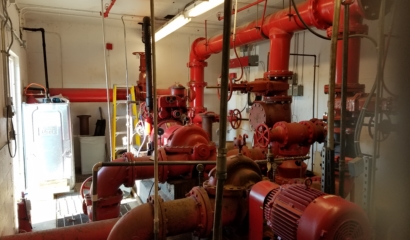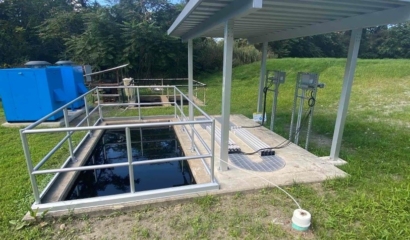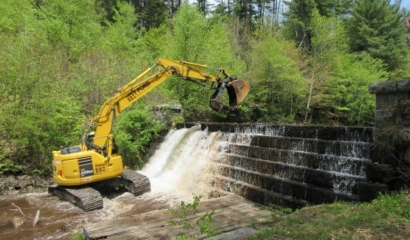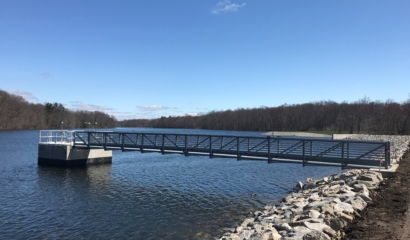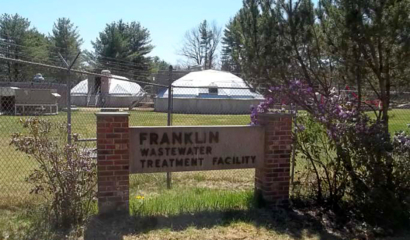Mitigating Pollution, Protecting Quality
The Town of Webster was on a mission to develop and implement a town-wide stormwater management plan that took into consideration the anticipated new Massachusetts Phase II MS4 Stormwater Permit. The Town took the approach that mitigation of nonpoint pollution associated with urban runoff is critical to protect the water quality of Webster’s lakes, ponds, rivers and wetlands, satisfies the requirements of the Clean Water Act, and meets federal law.
A Five-Year Phased Planning Effort
To maintain flexibility and save costs, a number of strategies were employed for this five-year phased planning effort. Wherever possible, the program looked to improve internal efficiencies such as streamlined permitting and improved GIS capabilities, rather than adding an additional burden to town staff and volunteer boards.
Plan Implementation
The tasks included revamping the Town’s by-laws to add required stormwater elements for construction and post construction. Our team also evaluated demographics and environmental issues to develop a public education strategy, and development of an Illicit Discharge Detection and Elimination Program. This included mapping the town’s stormwater system, as well as using GIS applications to complete a town-wide outfall inventory and outfall inspection. We also developed a town-wide Municipal Good Housekeeping Program (MGHP).
The entire project was funded through state revolving loans that are expected to become increasingly competitive once the new stormwater permit is issued.
Services Snapshot
Tighe & Bond’s scope of work included bylaw and rules, regulation development, as well as system wide mapping and GIS website development. We also provided public education and outreach, as well as implemented a MGHP, and developed an Illicit Discharge Detection and Elimination (IDDE) program. Evaluating stormwater utility feasibility was also part of the mix.


